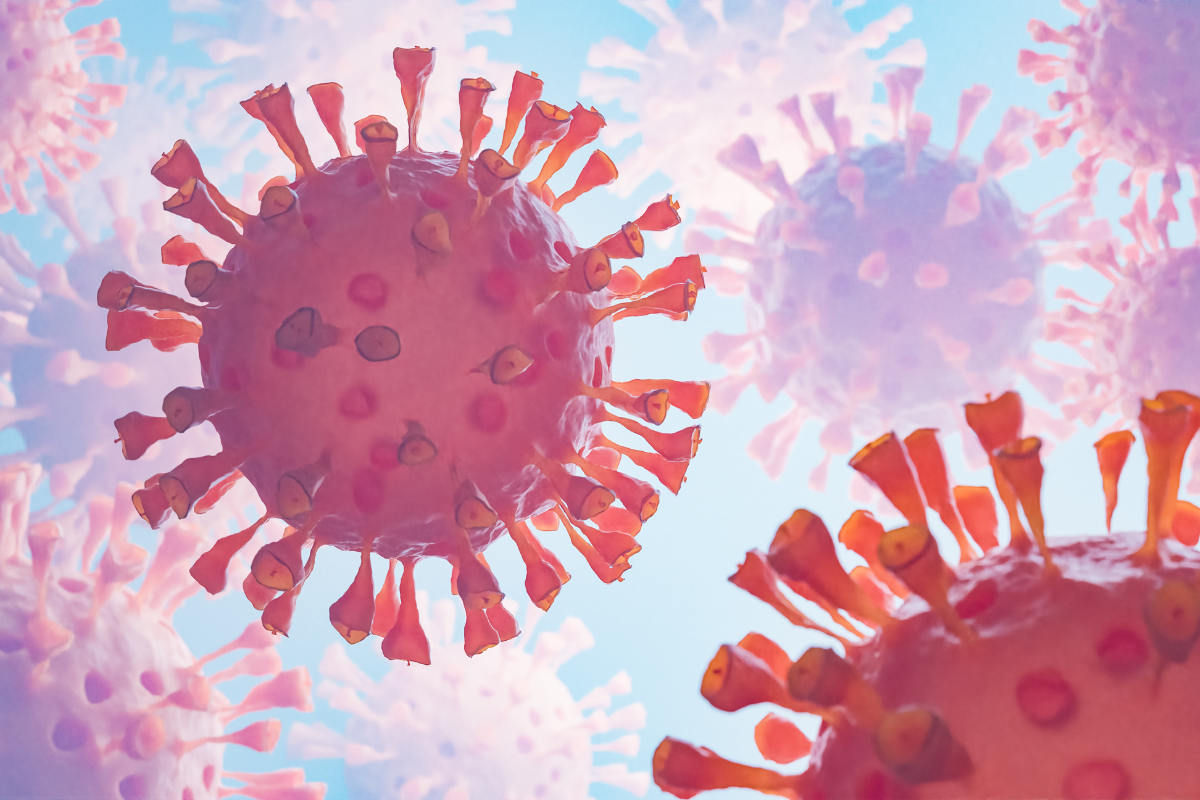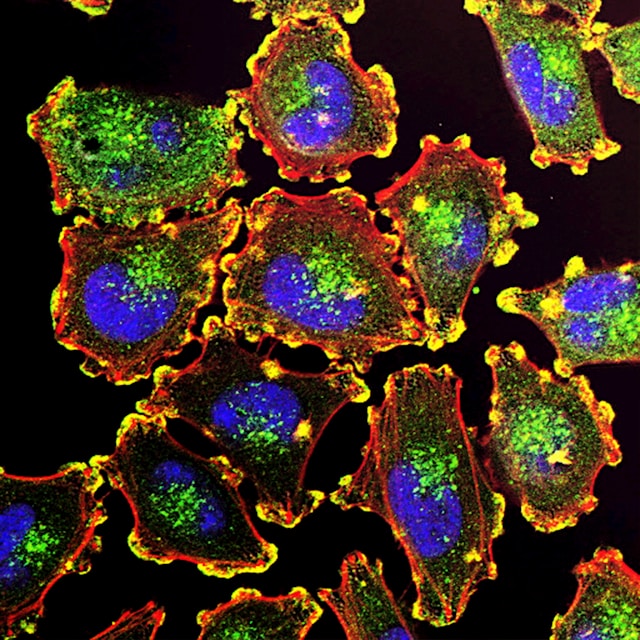Novel TNF Superfamily Antagonists for Cancer & Autoimmunity

Ahead of Oxford Global’s upcoming Immuno 2023 Congress, we met with Russell LaMontagne, co-founder and Chief Executive Officer of Boston Immune Technologies and Therapeutics to discuss their work in developing novel antibody therapeutics for cancer and autoimmune diseases.
Can you tell us a little about your antibody platform?
BITT is developing novel TNF Superfamily antagonist antibodies. BITT’s antibodies have a unique mechanism of action that may enable safe and effective treatment for a variety of cancers and autoimmune diseases that were previously considered undruggable or limited by toxicology. BITT’s monoclonal antibodies are ligand and Fc receptor independent and only target and kill rapidly proliferating cells (specific to the tumour microenvironment or the site of inflammation).?BITT’s TNFR2 antagonist is beginning developed for indications in oncology and infectious disease.? Clinical trials in Q2 2023.?BITT’s anti-CD40 antibodies are optimized and ready for lead selection and are being developed for autoimmunity indications.?
What do the next few years hold for Boston Immune Technologies & Therapeutics?
We are focused on the TNFR2 antagonist oncology trials. We are hoping for monotherapy efficacy in cancers that express the TNFR2 oncogene but are also designing PD-1 combination trials to establish new treatment options in cancers where checkpoint blockade have not been successful.?We are also moving our CD40 antibody through IND enabling steps for indications in autoimmunity. Lastly, we will be creating antibodies to additional TNF Superfamily targets.
What sort of challenges you are coming across in your research?
Managing all of the manufacturing and regulatory steps through the pandemic was a major challenge.?The obvious supply chain issues and the demand for services created a logjam in a lot of key steps.?TNFR2 is also a new target and we are learning a lot about when it is expressed, what are the key biomarkers and combination strategies.?Designing clinical trials, especially the combination arms, and getting access the right patient population in our clinical trials is our primary concern right now. ?
More broadly, what challenges does the current immuno-oncology drug development field face?
The overarching challenge for the field of immuno-oncology is that only a small percentage of patients respond to checking blockade (PD-1/L1 and CTLA4).?In addition, many of the patients who do respond eventually develop resistance to immunotherapy.?Understanding of the biomarkers or combination of biomarkers that might help predict the patients who will respond is important.?We also need to better understand the rationale behind combinations can improve response and prevent tumour escape.
As the CEO of an early-stage biotech, what would you say are the major struggles you face?
I think most early-stage CEOs are concerned about how the funding environment for early stage companies is changing the way me manage runways.?The margin of error has gotten a lot smaller, and many early-stage companies are going to have to modify their strategies and stretch funds further.?This is coming at time when the complexity of IO trials is increasing and the costs of all aspects of CMC and running trials continues to go up.?These are interesting times.







